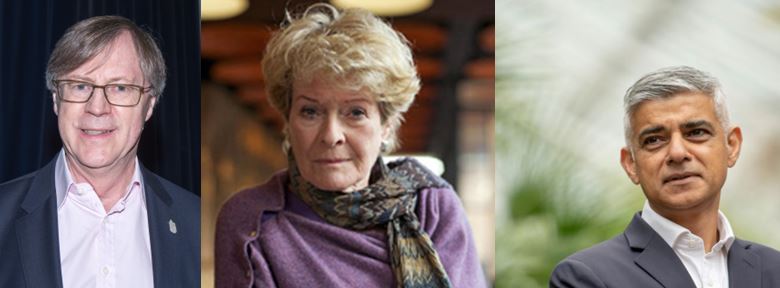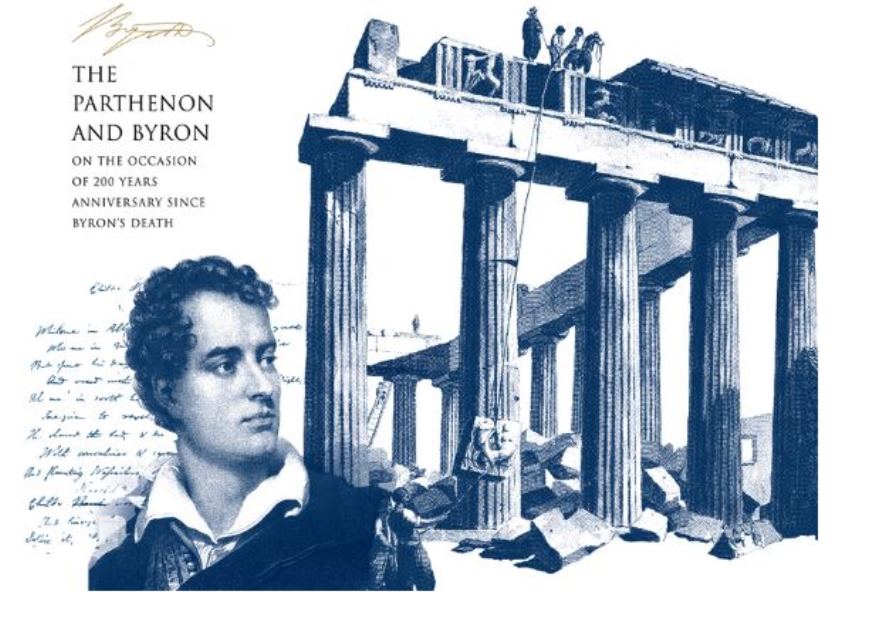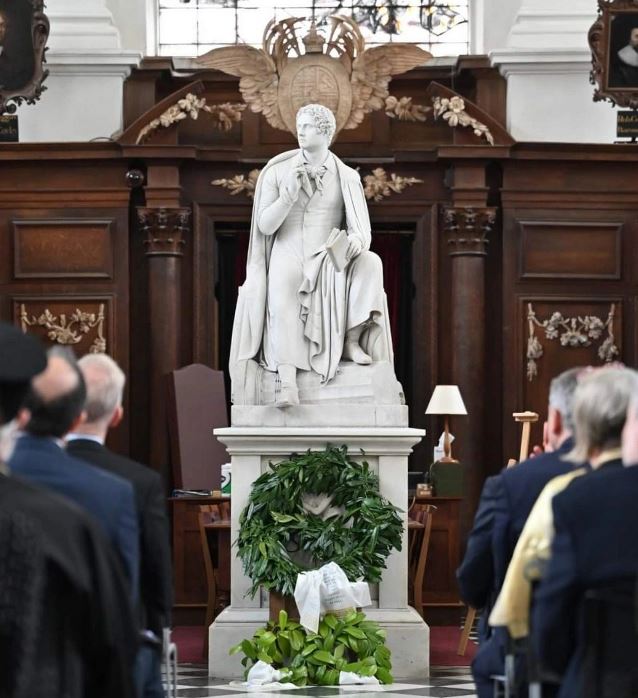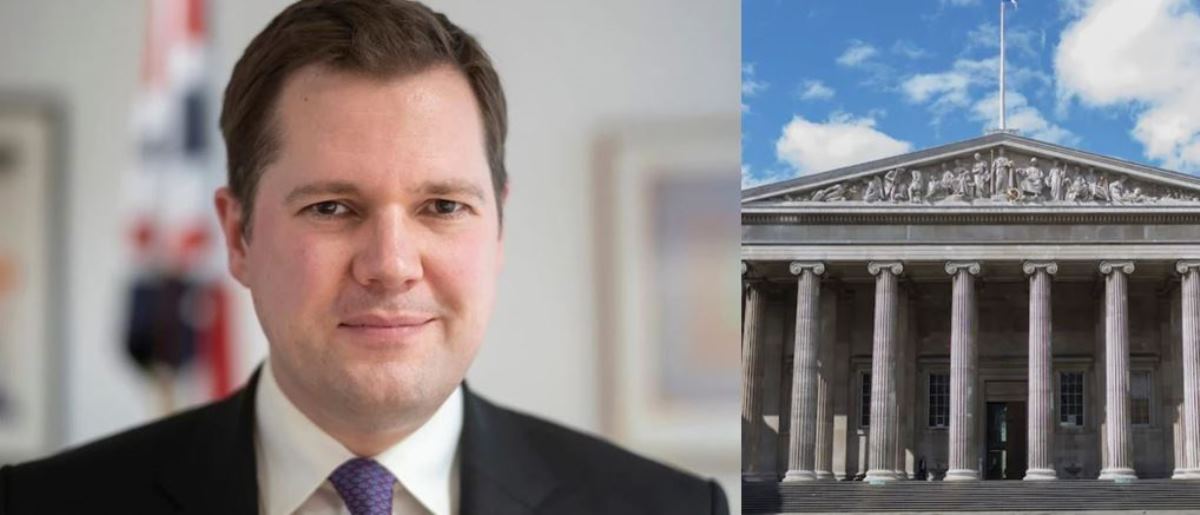The contemporary facade of the new Acropolis museum, inaugurated last month after many delays, brings an ancient argument over looted Grecian artefacts back to life.
Britain used to say Athens had no adequate place to put the Elgin Marbles, the more-than-half of the Parthenon frieze that British ambassador to the Ottoman Empire Lord Elgin spirited off two centuries ago. Since 1816, they have been prizes of the British Museum, while the Greeks made do with the leftovers, housed in a ramshackle museum built in 1874.
The contemporary facade of the new Acropolis museum, inaugurated last month after many delays, brings an ancient argument over looted Grecian artefacts back to life
Olympian enterprise: A view of the top floor of the new Acropolis Museum in Athens, with the ancient Parthenon temple seen in the background. Greek authorities have said admission will be €1, the price of a bus ticket, till the end of the year.
In 2010, the charge will be €5. The new museum Swiss-born architect Bernard Tschumi has devised near the base of the Acropolis is a $200 million (around Rs978 crore), 226,000 sq. ft, state-of-the-art rebuttal to Britain's argument.
Inside the museum, it is light and airy, and the collection is a miracle. Weathered originals from the Parthenon frieze, the ones Elgin left behind, are combined with plaster casts of what's in London to fill the sun-drenched top floor of the museum, angled to mirror the Parthenon beyond, which gleams through wrap-around windows. The clash between originals and copies makes a not-subtle pitch for the return of the marbles.
On the occasion of the opening last month, Greece's culture minister Antonis Samaras said what Greek officials have been saying for decades: that the frieze, broken up, is like a family portrait with "loved ones missing". Samaras' boss, Greece's president Karolos Papoulias, spoke less metaphorically, "It's time to heal the wounds of the monument with the return of the marbles which belong to it."
This glass-wrapped gallery exhibits bits of the Parthenon to visitors alongside their original home, the Parthenon, visible through the windows. Don't bet the British will agree.
Scattered statues
Inside the museum, visitors ascend, as if up the slope of the Acropolis, via a glass ramp that reveals, underfoot, ancient remains excavated during the building's construction (they will eventually be opened to the public.) It's a nice touch. On the second floor, archaic and early classical statues mill in a big gallery like a crowd in an agora—a curatorial and architectural whimsy that risks visitors missing works such as the Kritios Boy. which is nearly hidden to one side.




